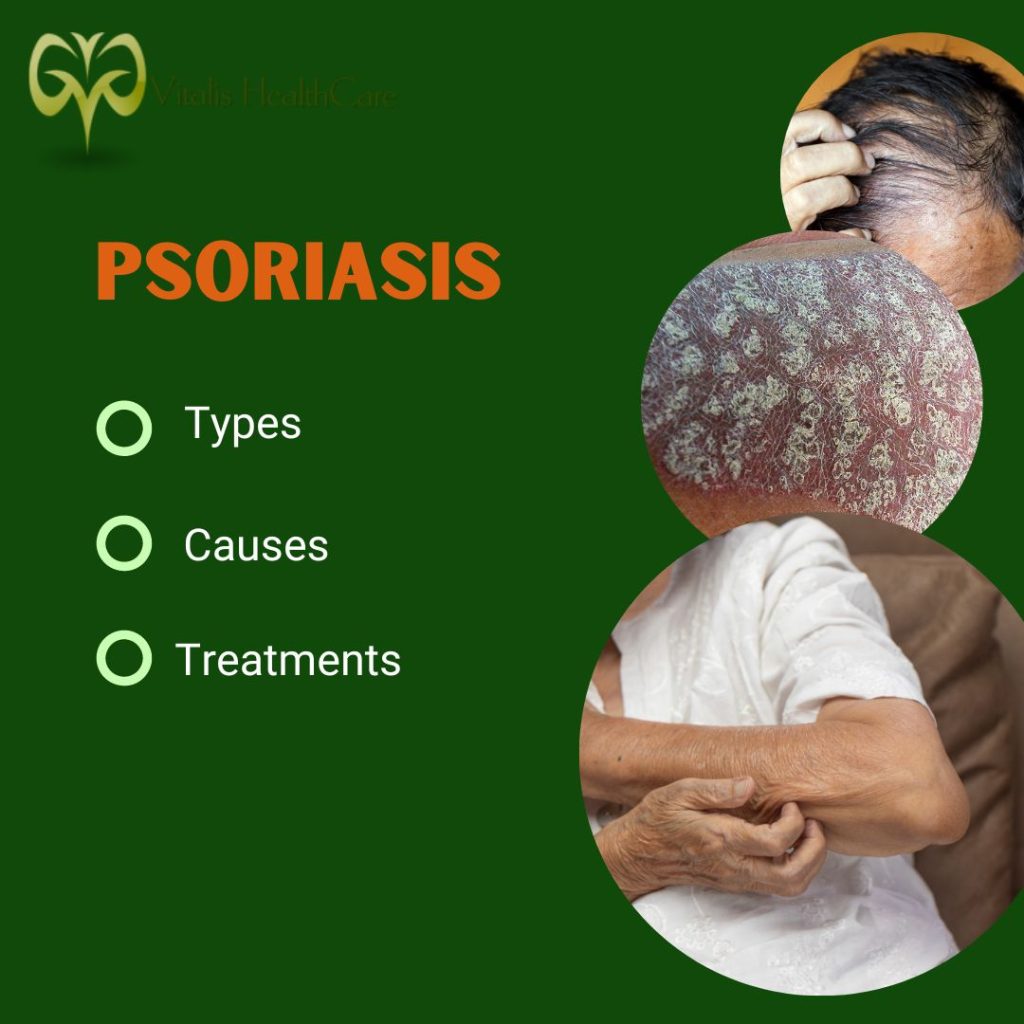August is psoriasis awareness month. The purpose of the holiday is to enable those affected feel supported and raise awareness to the general public about the condition.
What is Psoriasis?
Psoriasis is a chronic disease that causes the immune system to become overactive, causing skin cells to rapidly multiply and causing patches of skin to become scaly and inflamed. Psoriasis appears mostly on the scalp and knees but other parts of the body can be affected as well. The nature and cause of psoriasis are yet to be fully understood by scientists but it has been closely linked to environmental factors and genetics. The external factors that have been identified to increase chances of developing psoriasis include; i) Medication (some medications such as drugs for treating heart disease, malaria and even mental health problems have been linked to increasing chances of developing psoriasis), ii) Smoking and iii) Obesity.
The symptoms of psoriasis usually appear in cycles, flaring up for a period of time and followed by a period where they subside. Some of the symptoms of psoriasis include;
- Plaque psoriasis: This is the most common type of psoriasis that appears as red patches on the skin that are covered by whitish scales.
- Guttate psoriasis: This type of psoriasis usually appears in children and young adults, they look like small red dots typically appearing on the limbs.
- Inverse psoriasis: This type of psoriasis appears as smooth red patches in folds of skin such as in the armpits, beneath the breast, etc.
There are different treatments for psoriasis, ranging from ointments to light therapy, and they are all aimed at stopping the skin cells from growing rapidly. The type of treatment applied usually depends on the severity and type of the psoriasis being dealt with.
A few of the treatment options include;
- Topical Treatments: This is the application of ointments and creams on affected areas to slow down cell growth and soothe the symptoms.
- Light Therapy: This is used to treat moderate to severe cases of psoriasis, it involves exposing the affected skin to controlled amounts of natural or artificial light. For example, sunlight, UVB broadband etc.
- Medications: These could be in the form of oral or injected drugs prescribed only for a brief period of time because of their potential severe side effects.
If you are suffering from Psoriasis, or suspect that you may be suffering from its symptoms, we advise that you see a doctor for proper diagnosis and treatment.
CONTACT VITALIS HEALTHCARE
At Vitalis HealthCare, our team of certified, experienced, professional caregivers and registered nurses are efficiently trained and committed to providing you with the highest quality compassionate homecare services.
If you or your loved ones have been diagnosed with psoriasis or any other chronic conditions, and would like to hire a professional and competent caregiver, feel free to reach out to us for further inquiry or book a free consultation through any of our contact details outlined below to get matched with the best service for you.
With us, you are in safe, competent and compassionate hands.
Phone Number: 240.716.6874
Email: info@vitalishealthcare.com
Location: We provide our services in every county in the State of Maryland, United States of America.
Office Address: 8757 Georgia Avenue Suite 440 Silver Spring, MD 20910.


